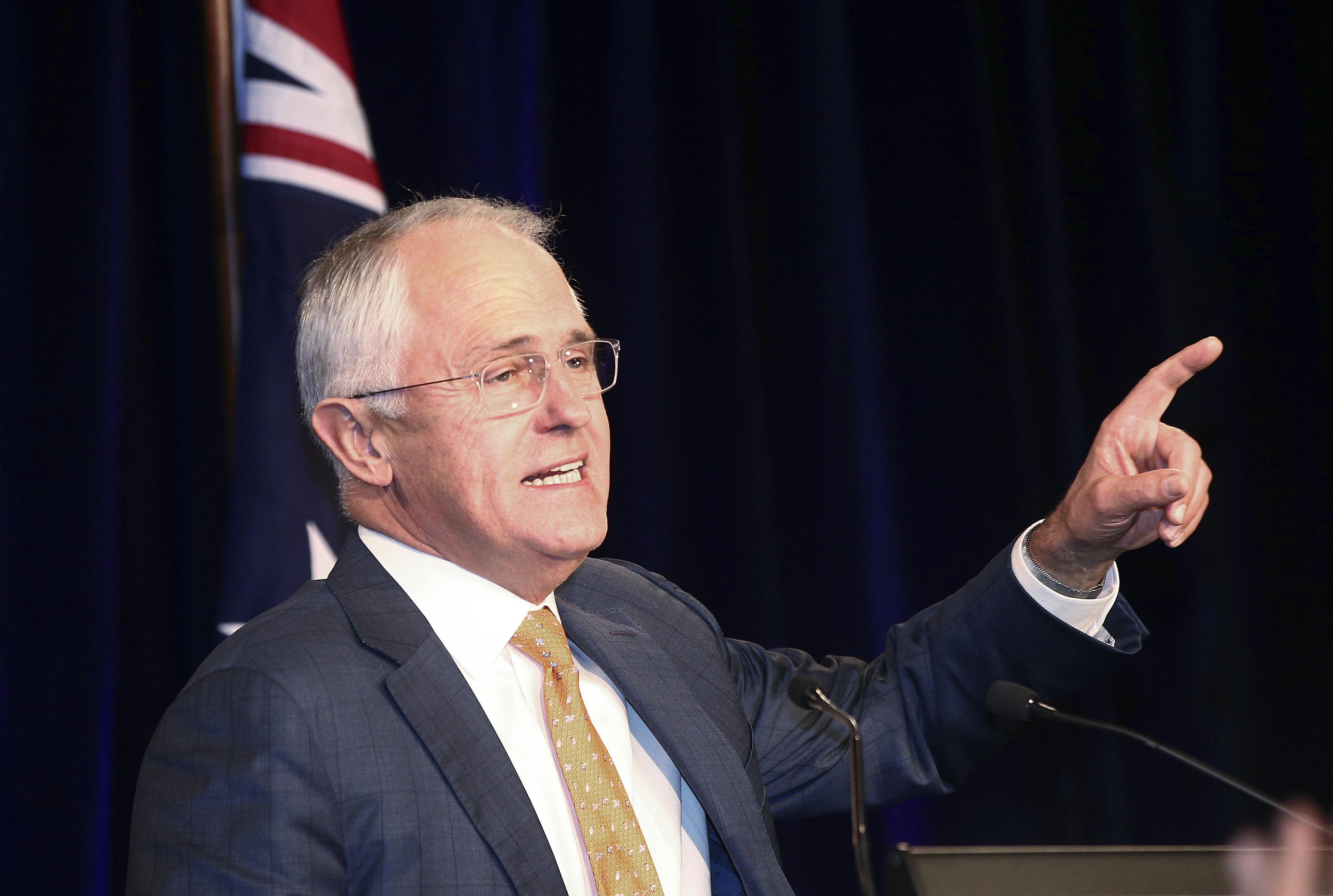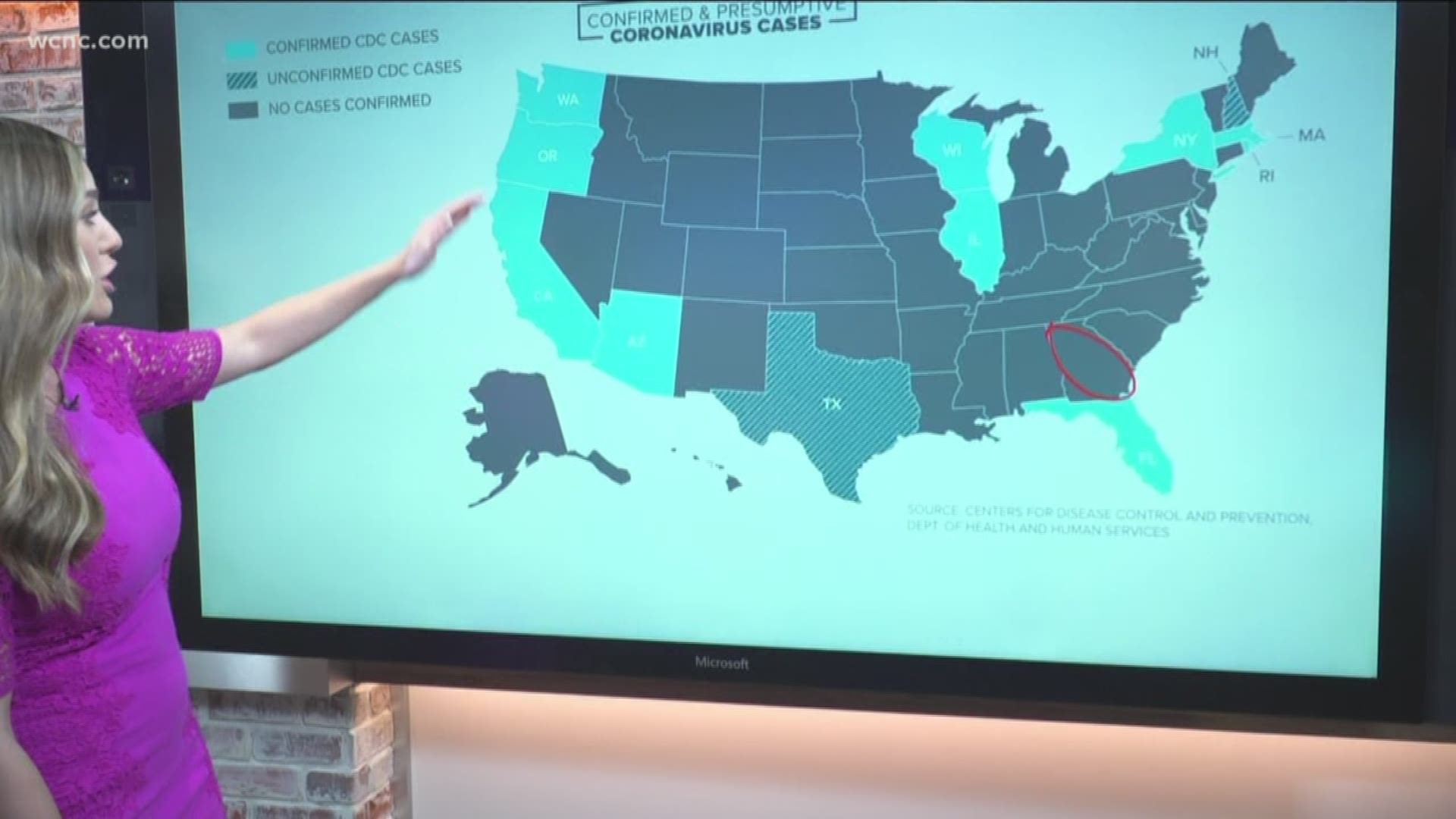SYDNEY — Australians voted in a landmark federal election Saturday, but with the two major parties in a dead heat, there is no clear winner.
It could be weeks before Australians learn who will lead the country, which now faces the possibility of another hung parliament, or even a fresh election.
A coalition between the National Party and the conservative Liberal Party, headed by incumbent Prime Minister Malcolm Turnbull, had won 67 seats by 7 a.m. Sunday in Australia — tied with their rivals in the Labor Party headed by Bill Shorten. Independents had won five seats and the Greens one, according to the Australian Electoral Commission. The 3.2 swing to Labor was seen as a rebuke to Turnbull and the coalition that had headed into the polls with record approval ratings.
The parties need to win 76 seats in the 150 seat House of Representatives to form a majority government. Eleven seats remain in doubt and may not be known for days or even weeks, as counting comes down to postal and absentee votes.
![Australian prime minister ousted in internal party challenge [oembed : 86646206] [oembed : 86646206] [oembed : 86646206] [oembed : 86646206]](/Portals/_default/Skins/PrestoLegacy/CommonCss/images/smartembed.png)
But in a defiant address to supporters in Sydney at midnight Saturday, Turnbull said he has “every confidence” his coalition can still win.
"I can report that, based on the advice I have from the party officials, we can have every confidence that we will form a coalition majority government in the next Parliament," Mr Turnbull said.
"And certainly we are the only parties that have the ability or the possibility of doing that."
A multimillionaire former banker, Turnbull, 61, headed was expected to win comfortably heading into the eight-week election campaign.
He took the top job after ousting former Liberal Party leader Tony Abbott late last year. Deep opposition to Abbott saw Turnbull’s popularity soar to the highest approval ratings of any leader on record as he took the reins.
But his coalition lost ground to Shorten, a former union boss, in the second half of the campaign as the two parties battled over key issues that included economic management in the fallout of the U.K. Brexit vote, tax reform, immigration, health care and gay marriage.
Turnbull has campaigned on a platform of economic security and tough asylum policies to stop illegal boat arrivals to Australia and has promised to hold a plebiscite on gay marriage. He has capitalized on a message of stability, following toxic internal bickering by the Labor Party, formerly in power, which saw them change leaders twice under Kevin Rudd and Julia Gillard from 2010-2014.
But Turnbull’s popularity dropped as it he appeared to bend to the center-right of his party on key issues.
In a dramatic turnaround, as of midnight Saturday, there was a 3.2 % swing to Labor, with the coalition losing nine seats.
“There is one thing for sure — the Labor Party is back," Shorten told his party faithful in Sydney as results came in.
The close results have raised the possibility of a hung parliament, where no party has a clear majority in the House of Representatives. In that case, no party will be able to pass laws without securing support from the other parties and independents.
If neither side can negotiate ongoing support for legislation, a new election will likely have to be called.
That happened in 2010, the first time it had occurred since 1940.
“I can’t believe we’re here again” said one Labor supporter as he watched the results come in at an election night party.


![AP AUSTRALIA ELECTION I AUS [image : 86646202]](http://www.gannett-cdn.com/media/2016/07/02/USATODAY/USATODAY/636030886033655948-AP-AUSTRALIA-ELECTION-83067596.JPG)
